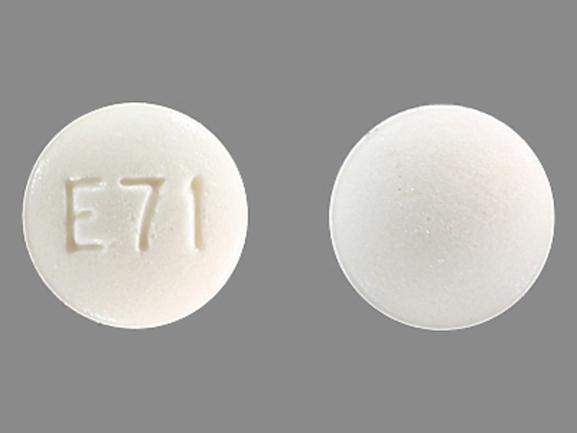Acarbose Disease Interactions
There are 5 disease interactions with acarbose.
Acarbose (applies to acarbose) cirrhosis
Major Potential Hazard, Moderate plausibility.
The use of acarbose is contraindicated in patients with primary cirrhosis.
Acarbose (applies to acarbose) renal dysfunction
Major Potential Hazard, Moderate plausibility.
Acarbose may accumulate in patients with renal impairment. Following oral administration, 35% of a dose is recovered in the urine as either the parent drug or metabolites. However, long-term clinical trials in diabetic patients with significant renal dysfunction (serum creatinine > 2.0 mg/dL) have not been conducted. Therapy with acarbose should be administered cautiously in patients with renal dysfunction. The manufacturer does not recommend its use in patients with significantly impaired renal function.
Alpha-glucosidase inhibitors (applies to acarbose) diabetic ketoacidosis
Major Potential Hazard, Moderate plausibility.
The use of alpha-glucosidase inhibitors is contraindicated for the treatment of patients with diabetic ketoacidosis.
Alpha-glucosidase inhibitors (applies to acarbose) intestinal disease
Major Potential Hazard, Moderate plausibility. Applicable conditions: Colonic Ulceration, Intestinal Obstruction, Malabsorption Syndrome, Colitis/Enteritis (Noninfectious)
The use of alpha-glucosidase inhibitors is contraindicated in patients with inflammatory bowel disease, colonic ulceration, partial intestinal obstruction, or any chronic intestinal disease associated with marked disorders of digestion or absorption. Alpha-glucosidase inhibitors competitively inhibit enzymes involved in the digestion of carbohydrates. Increased gas formation in the intestines due to fermentation of the undigested carbohydrates can worsen or aggravate intestinal problems.
Acarbose (applies to acarbose) liver disease
Moderate Potential Hazard, Moderate plausibility.
The use of acarbose has been associated with dose-related elevations in serum transaminase levels and, rarely, hyperbilirubinemia and jaundice. Hepatic adverse effects may be more likely to occur at dosages exceeding 50 mg three times a day. Therapy with acarbose should be administered cautiously in patients with liver disease. Monitoring of serum transaminases is recommended every 3 months during the first year of treatment and periodically thereafter. If hepatotoxicity is suspected at any time, a dosage reduction or withdrawal of therapy may be indicated.
Switch to professional interaction data
Acarbose drug interactions
There are 278 drug interactions with acarbose.
Acarbose alcohol/food interactions
There is 1 alcohol/food interaction with acarbose.
More about acarbose
- acarbose consumer information
- Check interactions
- Compare alternatives
- Pricing & coupons
- Reviews (4)
- Drug images
- Side effects
- Dosage information
- During pregnancy
- Drug class: alpha-glucosidase inhibitors
- Breastfeeding
- En español
Related treatment guides
Drug Interaction Classification
| Highly clinically significant. Avoid combinations; the risk of the interaction outweighs the benefit. | |
| Moderately clinically significant. Usually avoid combinations; use it only under special circumstances. | |
| Minimally clinically significant. Minimize risk; assess risk and consider an alternative drug, take steps to circumvent the interaction risk and/or institute a monitoring plan. | |
| No interaction information available. |
Further information
Always consult your healthcare provider to ensure the information displayed on this page applies to your personal circumstances.


